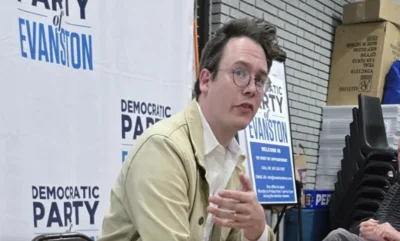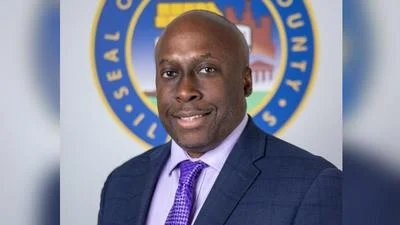Partisanship bad, bipartisanship good. That's what we've been conditioned to believe. But why?
A partisan is simply someone who takes a stand on an issue. If the side he's on is the right side, how can that be bad?
Surely, if he's a staunch opponent of cruelty to cute little puppies, that's a good thing. To be bipartisan, he'd have to find common ground with advocates of puppy abuse. How could that be good?
As Barry Goldwater once observed, “extremism in the defense of liberty is no vice [and] moderation in the pursuit of justice is no virtue.”
In other words, partisanship for a good cause is a good thing.
Goldwater was the Republican candidate for president in 1964. Lyndon Johnson and the Democrat Party undermined the tremendous appeal of his staunch conservative principles by demonizing him as a partisan extremist.
Democrats at national, state, and local levels have been using this dirty trick ever since.
“Partisan” now means bad, according to the Democrat Dictionary. All Republicans are partisan. Ergo, all Republicans are bad. The syllogism would be acceptable if all the terms weren't falsified.
“Bipartisan” now means good. All Democrats are bipartisan, and thus good.
Now you can make sense of this headline atop an article recently posted on the Journal & Topics website: “Partisan Politics Nudges Way Into Dist. 207 School Board Election.”
And the opening paragraph: “A politically connected resident of Park Ridge, who was appointed by Republican Gov. [Bruce] Rauner to a state commission in 2015, has filed objections to the petitions of two candidates running for the Maine Township High School Dist. 207 Board of Education in the April 4 election.”
The fact that the petitions filed by these two candidates may be fraudulent is not the issue, apparently. The issue is that these bipartisan Democrats are being challenged by a partisan Republican. We know that this is true because the article is written by a Democrat official, "bipartisan" Todd Wessell.






 Alerts Sign-up
Alerts Sign-up